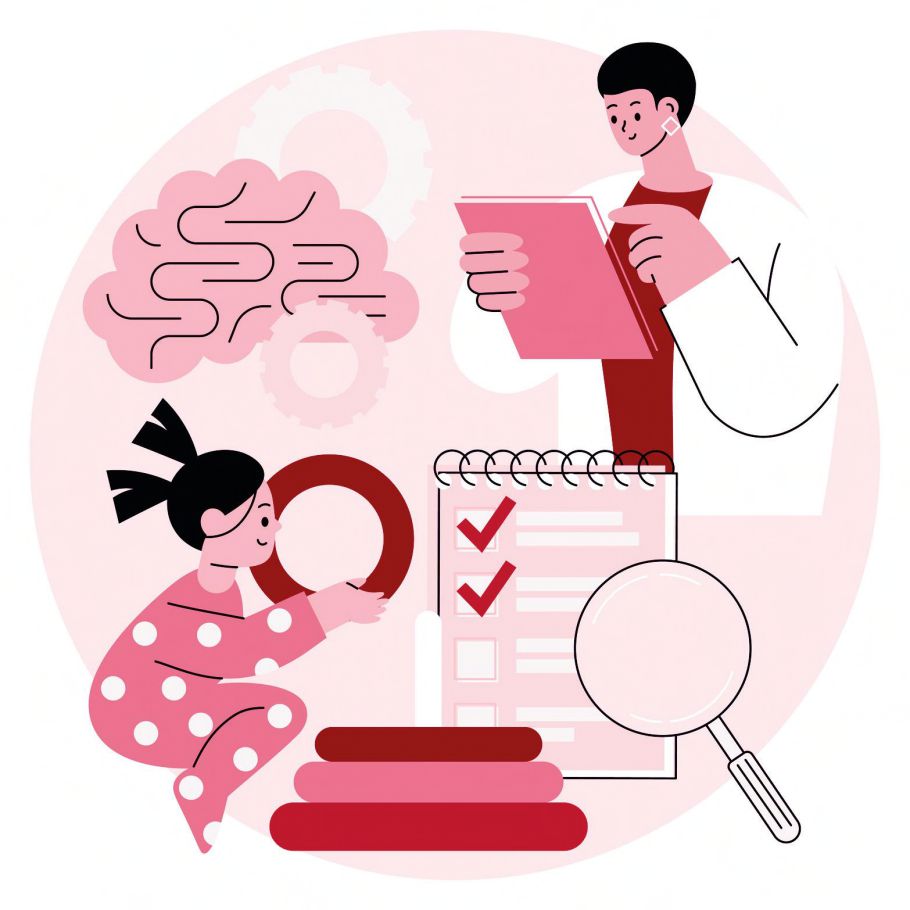EARLY SCREENING FOR DEVELOPMENTAL DELAY AND DISABILITY
BY BONNIE IVERS, M.A., PSY.D.
All babies are individuals, learning and growing at their own rate. Some will reach certain developmental milestones before others. Sometimes, pediatricians attempting to allay an anxious parent’s concerns will tell parents not to worry too much about the pace of a child’s development.
While that makes sense in many cases, sometimes it can result in a child with a developmental delay, needlessly falling further behind. So, how can a parent know how early to seek a developmental screening?
EARLIER IS BETTER THAN LATER
Among the reasons early intervention is so effective in helping a child narrow and often close developmental gaps is that a child's brain is most adaptable in the first three years of life. That's why early intervention programs in the U.S. are generally offered to those birth to age three. Because so much development takes place in this brief period of time, and various developmental categories exert influence on one another, most experts agree that when a parent isn't sure if their child is on track, it's almost never too early to seek a developmental screening.
CONDITIONS THAT PUT A CHILD AT RISK FOR DEVELOPMENTAL DELAY
Any child can experience developmental delays, which are thought to be the result of a complex mix of factors. In fact, the Centers for Disease Control (CDC) reports an estimated one in six, or about 17 percent of children aged 3 through 17, has one or more developmental disabilities. Some conditions that are known to increase a child’s risk, include fetal alcohol syndrome, as well as genetic conditions such as: Down syndrome, Fragile X syndrome, and PraderWilli syndrome, among others. In addition, it’s been established that numerous other factors in combination, can put a child at greater

BRIGHT AND EARLY: Early intervention programs are generally offered to those birth to age three, but it's almost never too early to seek a developmental screening.